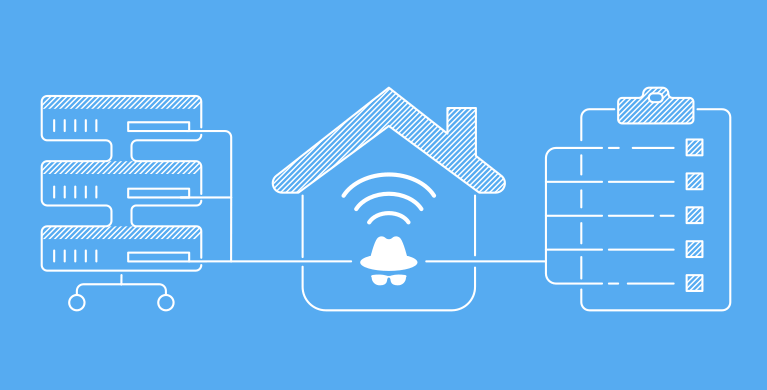Do you feel frustrated with being unable to open your desired website or use certain services while in another country or being behind a firewall? You’re not alone. The realities of being blocked or throttled because of our IP addresses that gave away our geographical location have been a norm that many of us have experienced. That is the reason why proxy servers have turned into rather important instruments for preventing geo-blocking and remaining online. However, with the emergence of 4G rotating proxies as well as residential proxies, it becomes quite challenging to determine which type poses the best.
In this post, let’s discuss the advantages and disadvantages of each type of online proxy so that you can decide what suits you best and go back to enjoying your favourite internet surfing.

Online Proxy: An Essential Overview
OnlineProxy is a sound solution for setting up anonymous browsing and guarding your online activities. By hiding the IP address and encrypting your Internet connection, Anchor OnlineProxy establishes a safe passage between your device and the target site.
This makes it very hard for any website, hackers, and even government agencies to track any of your online activities. OnlineProxy helps you unblock websites, surf anonymously and keep your privacy in check without having to compromise on the security.
What is the Meaning of 4G Rotating Proxies?
4G rotating proxies are proxies that provide connections through mobile networks to the internet. They are used to switch between different IP addresses, which makes it challenging for websites to identify where you are coming from and block your access. 4G rotating proxies are often used for tasks such as:
- Scanning and data extraction
- Social media management
- Online Marketing
- Web scraping
The Advantages of 4G Rotating Proxies Include:
IP Rotation
It is capable of rotating an IP address a certain number of times on its own.
Wide Availability
The 4G rotating proxies can be easily integrated into web browsers, automation utilities, and scraping scripts.
Give Access to Use Geo-Restricted Sites
4G proxies can give IP addresses of different locations and enable a person to unblock geo-restricted sites.
On the Downside, There are 3 Key Cons:
Connection Instability
Some mobile connections may not be very good because the connections to the phone may be lost and the speeds may be slow.
Limited Bandwidth
That is, the bandwidth of mobile networks is often lower than the bandwidth of home internet connections.
Higher Latency
A further potential drawback of 4G rotating proxies is that their lag might be greater than, say, residential proxies.
What are Residential Proxies?
Where the first proxies are data 4G rotating proxies, this other type is residential; it connects to a home-based connection in doing an internet request.
You can generally catch residential proxies to be used for:
- Online shopping
- Travel booking
- Financial transactions
- Social media management
The Advantages of Residential Proxies Include:
Faster Speeds
Generally, residential proxies are faster than 4G rotating proxies, so you should go for it.
Higher Bandwidth
Generally, home internet connections are characterised by higher bandwidth than those in mobile networks.
Lower Latency
Everyone knows that residential proxies in general have less delay than 4G rotating proxies.
Better Connection Stability
Data connections such as wired or fibre-optic offer more reliable connections than mobile networks.
On the Downside, There are 2 Key Cons:
Uneven Connection Reliability
As most people access the internet at home, their connection tends to be less reliable and may switch up at times.
Residential IPs
while getting an IP address from the residential IP pool can be quite convenient, the disadvantage is that many IPs are assigned to a single user and may be banned due to the improper behaviour of another user.
How to Decide: Which one is Superior?
Both types emulate the behaviour of real users so it is a tough call to segregate between which one outsmarts another and well, that’s up to one’s needs or preferences. At the same time, if an available region is important and price-critical, consider using a 4G rotating proxy.
In case you need a faster and more stable connection for data-intensive tasks, then a residential proxy should be the best solution.
Before making any decisions, always keep your needs and requirements in mind.
The Final Words
So concluding 4G rotating proxies and residential proxies have their pros and cons. Here is our take on which one to choose, by going through what you are looking for as a consumer. Residential proxies having higher bandwidth and lower network load help if you need high speeds; also, the connection is more stable with the lowest latency.
However, if you are a mobile user who needs frequent changes in IP addresses while browsing, and want to buy mobile proxies, then 4G rotating proxies are better for you.
Conclusively, the choice between the 4G rotating proxies and the residential ones pretty much depends on the task that is about to be accomplished. In this way, recognising the distinction between both kinds of proxies will help to consider which one is more appropriate to be applied for a specific purpose.